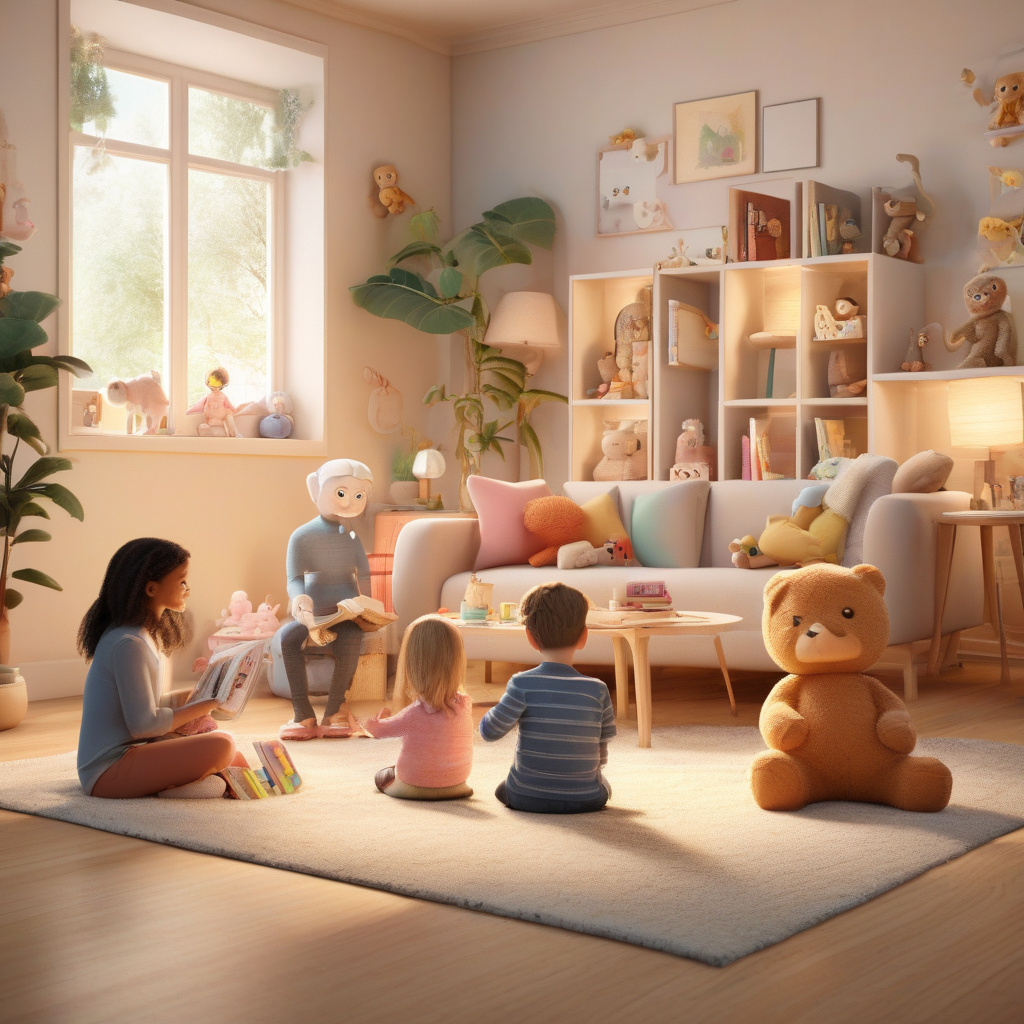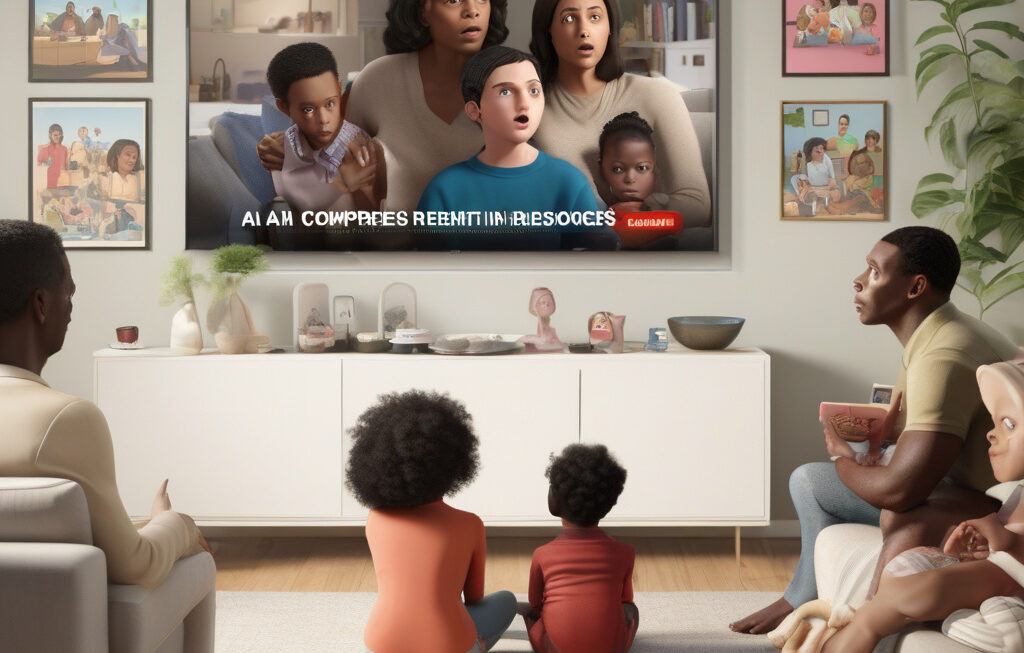Children Turn to AI Chatbots Instead of Real Friends: The Rise of Digital Companions
In today’s digital age, it’s not uncommon to see children engrossed in their smartphones, chatting away with AI chatbots instead of seeking real friendships. Experts have raised concerns about this growing trend, warning about the potential consequences of emotional dependency on artificial intelligence and the blurred lines between human connections and interactions with machines.
The allure of AI chatbots lies in their constant availability and non-judgmental nature. These digital companions are programmed to respond in a supportive and comforting manner, providing children with a sense of companionship and understanding. In a world where social interactions can be challenging and unpredictable, AI chatbots offer a safe space for children to express themselves without fear of rejection or ridicule.
However, the reliance on AI chatbots for emotional support can have detrimental effects on children’s social development. Human relationships are complex and dynamic, requiring empathy, communication skills, and the ability to navigate conflicts and disagreements. Relying solely on AI chatbots for companionship can hinder children’s ability to form meaningful connections with their peers and develop essential social skills.
Moreover, the rise of AI chatbots as substitutes for real friends raises ethical questions about the nature of human relationships in the digital age. Can a machine truly understand and fulfill the emotional needs of a child? Are we crossing a line by encouraging children to seek companionship from artificial intelligence rather than fostering real-life connections?
As parents and educators, it is crucial to monitor children’s screen time and digital interactions to ensure a healthy balance between virtual and real-world relationships. Encouraging children to engage in offline activities, such as sports, hobbies, and social gatherings, can help them develop social skills and forge genuine friendships based on shared interests and experiences.
While AI chatbots can offer temporary solace and companionship, they should not replace the irreplaceable bond between friends. Human connections are built on trust, empathy, and mutual respect – qualities that no machine can replicate. As we navigate the ever-changing landscape of technology and social interactions, let us remember the importance of real friendships in shaping children’s emotional well-being and social development.
In conclusion, while AI chatbots may provide temporary comfort and companionship, they should not serve as replacements for real friends. Children need authentic human connections to thrive emotionally and socially. Let’s encourage a healthy balance between digital interactions and face-to-face relationships to ensure that children develop the necessary skills to navigate the complexities of human connection in an increasingly digital world.
children, AI chatbots, real friends, emotional dependency, digital companions












